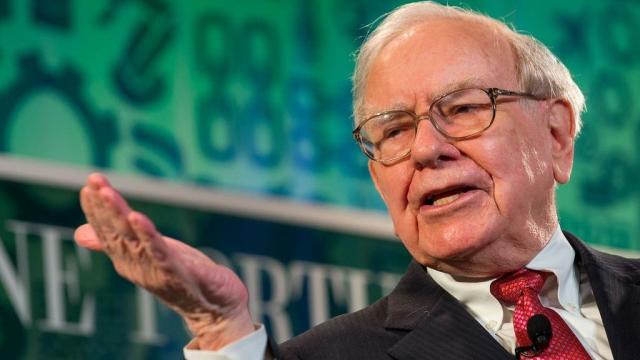In the latest financial revelation, Warren Buffett’s Berkshire Hathaway has seen its cash reserves swell to an unprecedented $325.2 billion, marking a significant moment in the conglomerate’s financial history. This growth not only underscores Buffett’s legendary status in the investment world but also raises questions about the future direction of one of the world’s most watched companies.
The Growth of Berkshire’s Cash Reserves
Berkshire Hathaway, under Warren Buffett’s leadership since 1965, has evolved from a textile company into a sprawling conglomerate with interests ranging from insurance to energy, retail, and more. The cash pile’s growth to $325.2 billion is the result of several strategic moves:
- Stock Sales: Buffett has trimmed significant equity stakes, notably reducing Berkshire’s holding in Apple by about 25%. This move was motivated by tax considerations, with Buffett indicating that while Apple remains a top holding, building cash was a priority under current market conditions.
- Lack of Acquisition: Despite having a war chest that many would dream of, Buffett has been cautious, refraining from major acquisitions. His philosophy of not overpaying for assets during times of high market valuations has led to an increase in cash reserves rather than expansion through acquisitions.
- Insurance Float: A substantial part of Berkshire’s cash comes from its insurance operations, where premiums collected before claims are paid out provide what is known as ‘float’. This float has historically been a significant source of capital for Buffett’s investments, contributing to the cash pile’s growth.
Strategic Implications
1. Market Conditions:
- Buffett’s reluctance to deploy capital suggests a cautious approach towards market valuations. He’s often spoken about waiting for the “fat pitch” or the ideal investment opportunity, which he evidently feels has not presented itself in a form worth deploying such vast resources.
2. Economic Outlook:
- The decision to increase cash reserves might reflect Buffett’s view on the economic outlook. Holding cash could be seen as a strategy to weather potential economic downturns or to take advantage of opportunities that might arise from market corrections.
3. Investment Philosophy:
- This move aligns with Buffett’s long-standing investment philosophy of holding cash when prices are not right. It’s a strategy of patience, waiting for undervalued assets or significant market disruptions that allow for advantageous investments.
4. Shareholder Reactions:
- While some investors might see this as a sign of missed opportunities, others appreciate Buffett’s conservative approach, especially in a time when economic forecasts are mixed. The cash pile provides a buffer and flexibility, which is particularly appealing in uncertain times.
What Does This Mean for Berkshire Hathaway?
The substantial cash reserve offers Berkshire Hathaway multiple strategic advantages:
- Flexibility: With such liquidity, Berkshire can act swiftly in case of market downturns or when undervalued companies become available for acquisition.
- Dividend Strategy: Although rare, the cash could be used for dividends if Buffett sees fit, or for share repurchases when stock prices are deemed low.
- Insurance Operations: The cash ensures that Berkshire can handle large-scale insurance claims without liquidity issues, strengthening its position in the insurance market.
Conclusion
Berkshire Hathaway’s cash pile hitting $325.2 billion is not just a number; it’s a statement on the state of the market, the economy, and Buffett’s investment strategy. While some might critique the lack of major acquisitions, the move echoes Buffett’s belief in the value of liquidity at a time when many might rush to invest. As the world watches, the question remains: what will Warren Buffett do next with his colossal cash reserves? Only time will reveal how this cash will be deployed, but for now, it stands as a testament to a strategy of patience, prudence, and preparedness in the world of high



